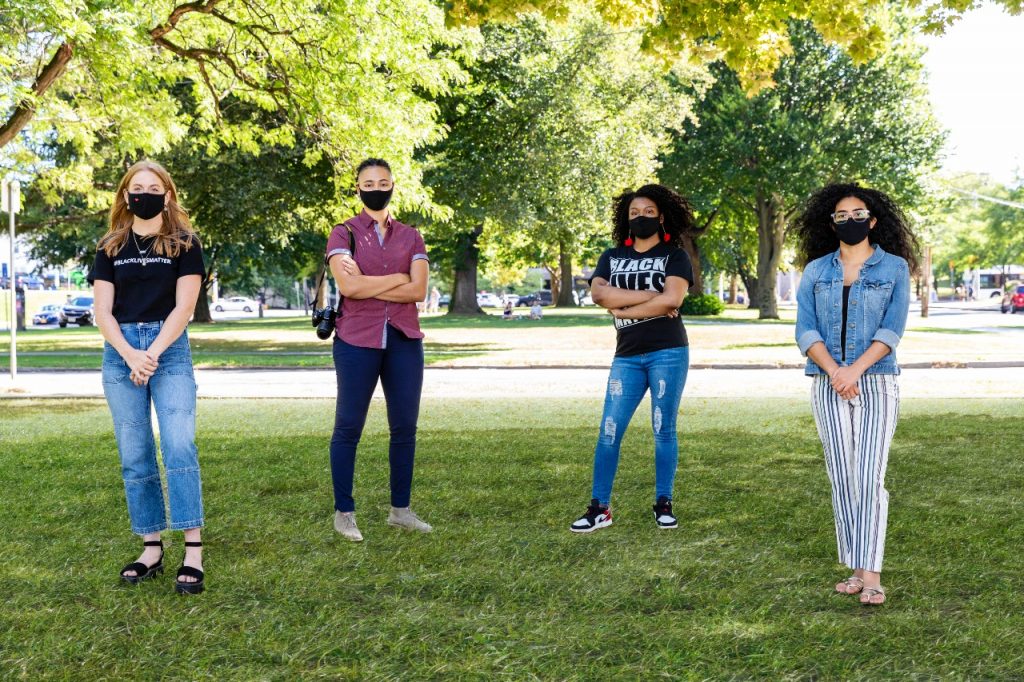New Faculty Members Bring Expertise in Emerging Business Practices to the Whitman School
What do you know about the digital artwork market? What about ways that rural communities are supporting themselves by creating their own cooperatives? How about prescriptive analytics, sustainability or the complexities at the intersection of business and law? These are…


